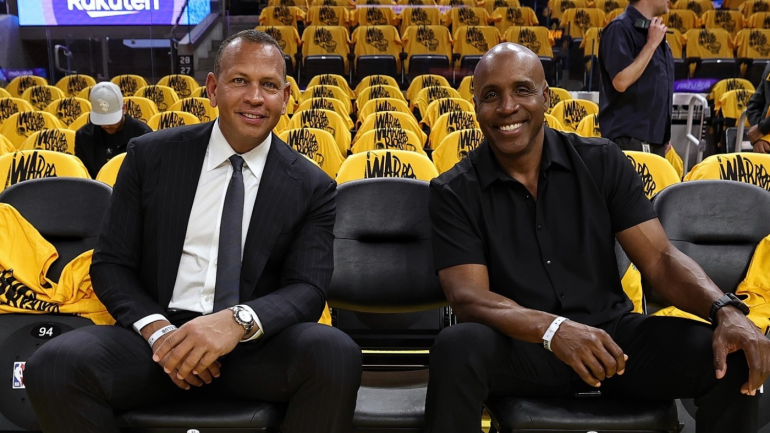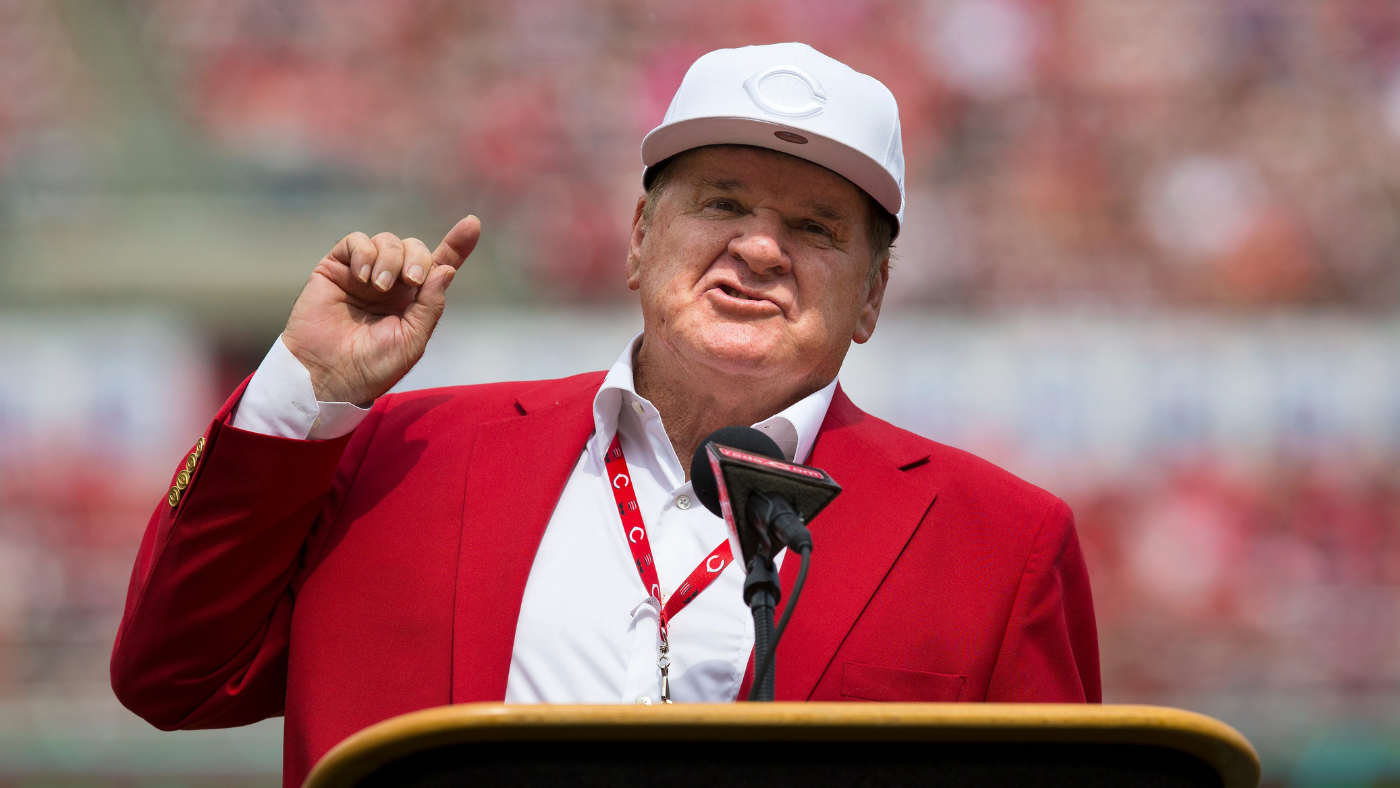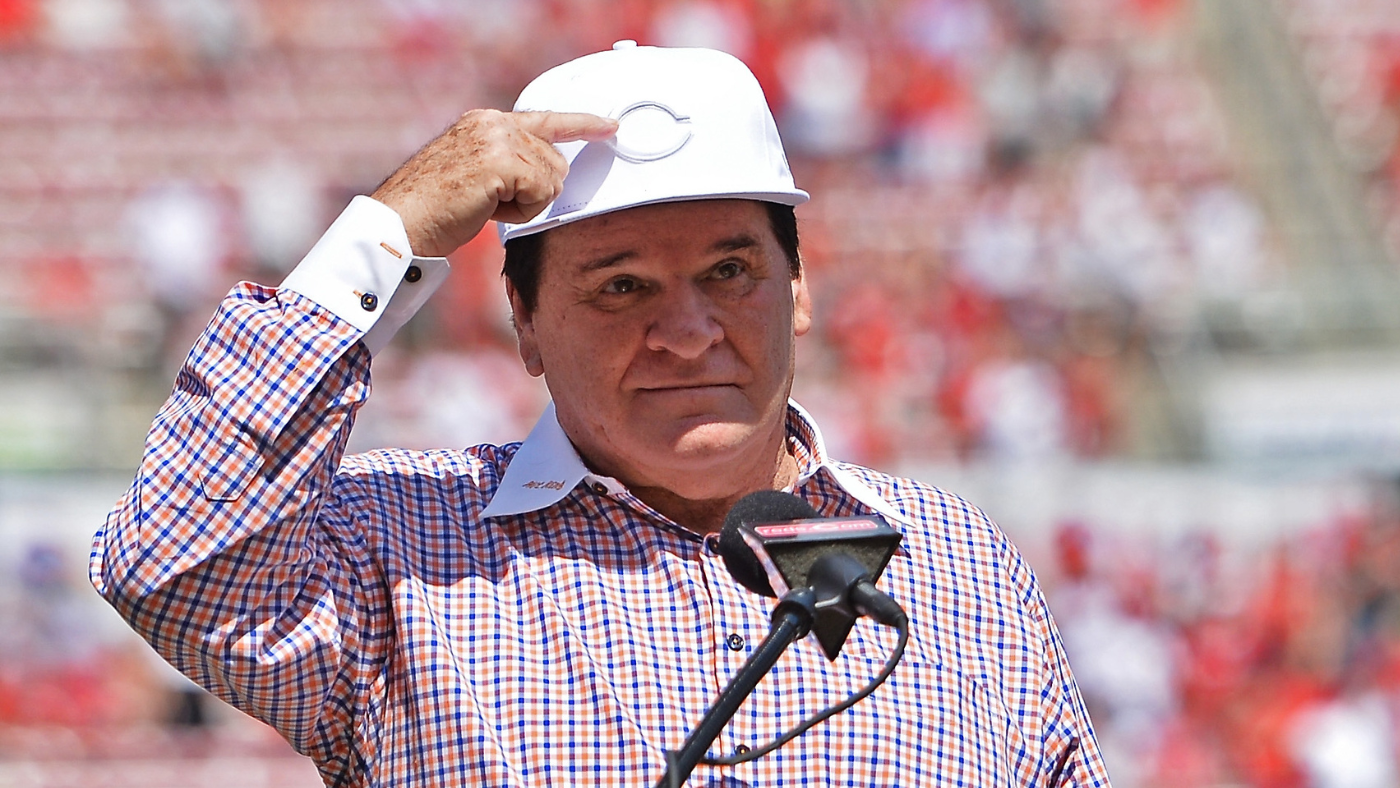
Major League Baseball commissioner Rob Manfred ruled Tuesday that players and other figures placed on the league’s permanently ineligible list will have that eligibility restored upon their deaths. Manfred arrived at this decision following a posthumous appeal on behalf of Pete Rose, who had been on that list since 1989, as well as public pressure and a face-to-face meeting with President Donald Trump. The decision restored the eligibility of Rose, “Shoeless” Joe Jackson, and 15 other dead players.
The most important implication of Manfred’s decision has to do with the Baseball Hall of Fame. Pursuant to Rose’s placement on the permanently ineligible list, the Hall in 1991 ruled that players on that list could not be elected into the Hall of Fame. Manfred’s decision to restore their eligible status now means election and induction into the Hall is possible for Rose, Jackson, and other potential worthies like Eddie Cicotte, who like Jackson was banned for his alleged role in the plot to throw the 1919 World Series.

Insofar as the Hall and such players are concerned, readers might have a couple of questions. One would be: What’s the path forward for Rose, Jackson, and others when it comes to their possible election into the Hall of Fame? Another is: How does Manfred’s decision affect candidates like Barry Bonds, Roger Clemens, Manny Ramirez, and Alex Rodriguez, who are obvious Hall of Famers on the statistical merits but have been denied election because of alleged ties to performance-enhancing drugs?
On the first question, the Hall of Fame’s chairman of the board Jane Forbes Clark released the following statement on Tuesday following the announcement of Manfred’s decision:
“The National Baseball Hall of Fame has always maintained that anyone removed from Baseball’s permanently ineligible list will become eligible for Hall of Fame consideration. Major League Baseball’s decision to remove deceased individuals from the permanently ineligible list will allow for the Hall of Fame candidacy of such individuals to now be considered. The Historical Overview Committee will develop the ballot of eight names for the Classic Baseball Era Committee – which evaluates candidates who made their greatest impact on the game prior to 1980 – to vote on when it meets next in December 2027.”
There are two paths for a player’s election into the Hall — the traditional route in which recently retired candidates are voted on by tenured members of the the Baseball Writers’ Association of America (BBWAA) and the alternative means in which empaneled members of an Era Committee (formerly known as the Veterans Committee) consider the cases of players no longer eligible for election by the BBWAA. Relevant to this discussion is the requirement that players put before the BBWAA for possible election “must have been active as a player in the major leagues at some time during a period beginning fifteen (15) years before and ending five (5) years prior to election.”
This is why Rose, Jackson, Cicotte, and others of recently restored eligibility will not be put before the BBWAA voting body: it’s been far too long since they were active players. That’s where the Era Committee comes in.
As the statement from Forbes Clark above suggests, there are two hurdles facing Rose, Jackson, and others before they’re elected. The first is being selected for ballot inclusion by the screening committee (they’ll choose eight names, not necessarily all of which will be former players). The second is being voted for by at least 75% of members on that particular Era Committee, a 16-person panel made up of Hall of Fame members, team executives and veteran media members/historians. That 75%, or 12 votes, is the same threshold as that of the BBWAA ballot. As noted, the screening committee will meet in December of 2027 and then the Era Committee will vote in time for their selections, if any are made, to be inducted alongside other members of the 2028 class.

As for what Manfred’s recent decision means for those Hall candidates whose cases are complicated by PED (performance-enhancing drugs) suspicions or admissions, the answer is “nothing, really.” Bonds, Clemens, A-Rod, Mark McGwire, Sammy Sosa, and others of their stripe are not on the permanently ineligible list. This is because the league’s drug prevention and treatment program calls for a PED offender to be placed on the permanently ineligible list only after a third positive test for the use of banned substances. This applies to none of the names above (the formal random testing program wasn’t instituted until 2004). Indeed, only one player, former Mets reliever Jenrry Mejia, has been declared permanently ineligible for a third failed PED test. (Mejia eventually had his eligibility restored.)
Rather, what has kept PED-suspected players out of the Hall is, for the most part, value judgments on the part of the voting body. Indeed, the BBWAA ballot instructions call for such judgements to be made:
“Voting shall be based upon the player’s record, playing ability, integrity, sportsmanship, character and contributions to the team(s) on which the player played.”
Many a voting writer has determined that players who admitted to or reliably suspected of using of PEDs should not be in the Hall, and that’s why all of the usual names have failed to clear the 75% bar for election. In the case of Bonds, as obvious a Hall of Famer based on pure statistical outputs as anyone who’s ever played the game, he peaked at 66% of ballots in 2022, his 10th and final year on the BBWAA ballot. That means if Bonds and his fellow travelers ever make it, then it’ll be via Era Committee election.
So while the permanently ineligible list has no bearing on Bonds, Clemens, and other such former players, Rose’s time before the Era Committee process does amount to a “test case” of sorts. The Era Committee ballot instructions are the same as the BBWAA’s, which means “integrity, sportsmanship, character” will be considered. Rose, like Bonds and Clemens, is plainly a Hall of Famer in an amoral vacuum, but his character issues (including, of course, his decision to bet on games in which he played and managed in defiance of rules posted in every clubhouse for decades) will drive the deliberations of his Hall case.
Until that time comes, however, Manfred’s decision to reinstate Rose, Jackson, Cicotte, and those 14 other names has no bearing on more recent Hall candidates like Bonds and Clemens.

